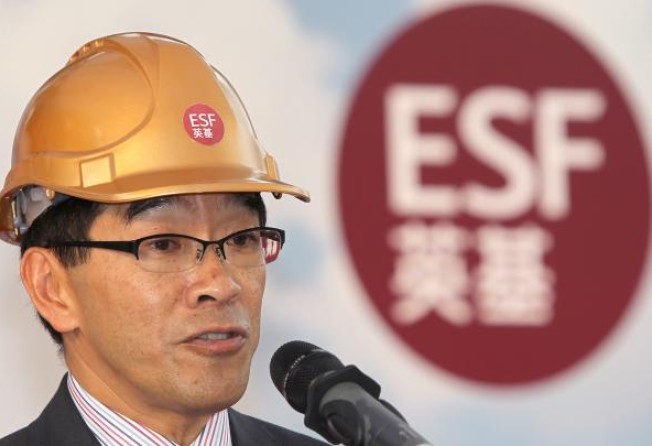Subsidise and reform the English Schools Foundation

A business leader has issued a fresh warning about the negative impact on the city of a shortage of international school places. His comments were prompted by an admission from Secretary for Education Eddie Ng Hak-kim that the city faces a shortfall of 4,200 international primary places by 2016. Appearing before the Legislative Council, Ng also said the English Schools Foundation, which provides an international education for 13,000 students, must introduce a local curriculum and consider how to meet local needs if it wanted to keep its public subsidy.
It is difficult to reconcile these two statements, since localisation of the ESF would do nothing to meet the increasing demand for an international education from expatriate and local parents. It is time the bureau articulated a coherent approach to an issue that bears on the city's capacity to attract talent and therefore its competitiveness.
British Chamber of Commerce executive director Christopher Hammerbeck says it is now a business as well as an education issue, with the city at risk of missing out on an influx of talent from the West because of economic uncertainty.
The ESF is a legacy of the colonial era and may now have to accept that a taxpayer subsidy entitles government to a say. It may be reasonable to expect it to offer a local curriculum in return for continued funding. Otherwise there may be logic in treating it like other international schools. As a result, the foundation, its parents and teachers face a choice between forgoing the subsidy and paying higher fees in order to keep a purely international curriculum, or accept change and keep the subsidy.
International schools are too important to an international business hub to leave it like that. This newspaper has suggested before that in return for reforms, ESF schools could be given funding comparable with direct subsidy schools, which in turn could be given more curriculum freedom in order to attract expatriate parents and local families who have turned their backs on their own school system. That would provide more affordable choice and the foundation of a fairer system.
In this regard, it is encouraging to hear ESF chairman Carlson Tong Ka-shing say - while warning that fee increases could kick in from next September - that "possible subvention under a new model is still under discussion". We trust that it is being pursued with a sense of urgency.